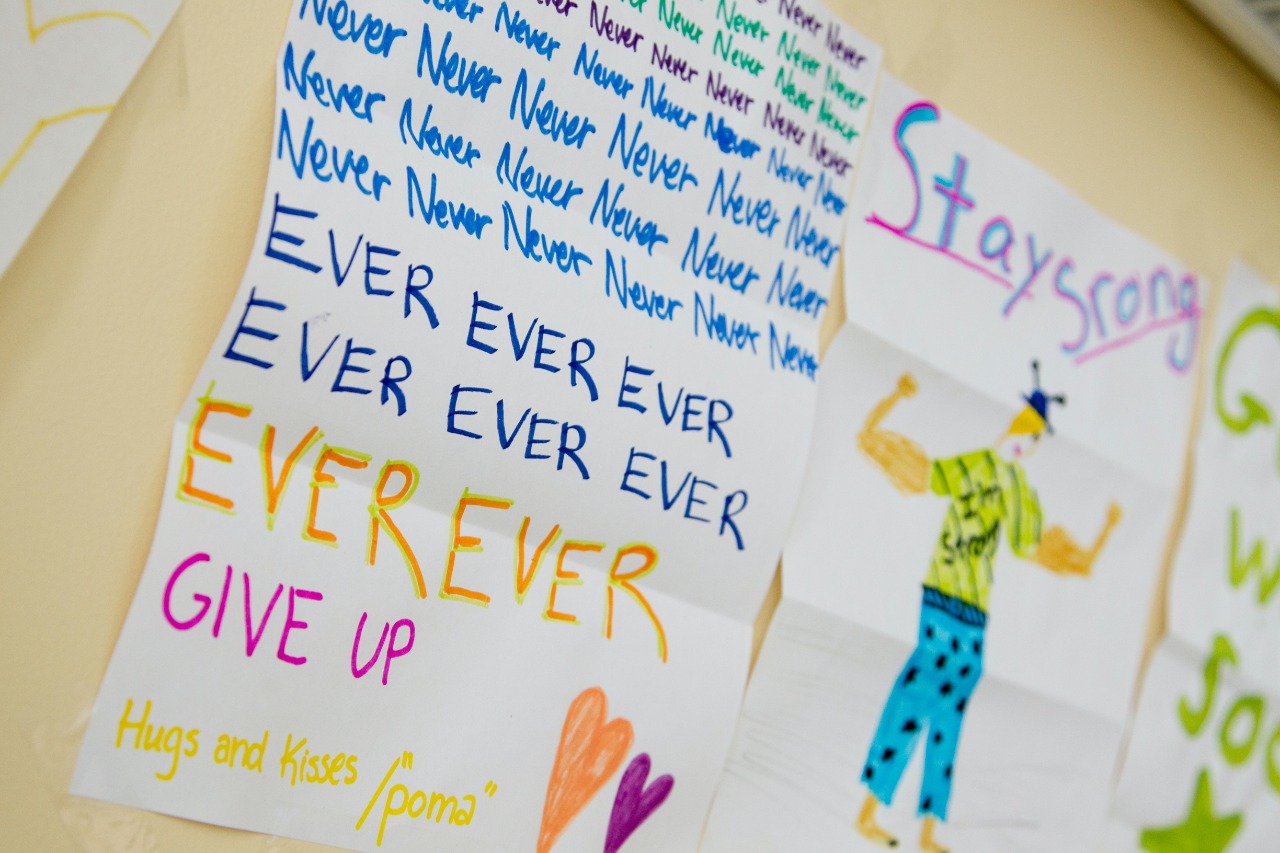
By Trynkle
Published on Malay Mail
The question, “how is it living with cancer?”, is never an easy one to answer. Not because there is no answer available, but more due to the fact it needs to be explained in a way relatable to everyone. Now the more relevant question one gets is, “how is it living with cancer during COVID-19?”. This is much easier for me to answer – terrifying.
In 2018, South East and Central Asia had 8.2 million new cancer cases and 5.2 million deaths. In 2020, this number was forecasted to be closer to 11 million and 7 million respectively. However, since the onset of COVID-19, cancer diagnoses have fallen as high as 50% year on year amongst the same set of countries.
There has been a substantial under-reporting of cancer cases since the beginning of the pandemic. People are naturally scared about going out and visiting health care providers through fears of contracting COVID-19. However, the level of diagnostic and screening services has also reduced massively with the shift in healthcare resources to counter the pandemic.
As a cancer patient, it is easy to get lost in the hope that modern day treatment and medical technology will cure you. What happens when the treatment you covet gets continually delayed, or withdrawn, and you become less of a priority within your own national health service. Since the outbreak of COVID-19, cancer treatment and the welfare of cancer patients have become decidedly low precedence. There is a clear cancer backlog in many countries with waiting times for cancer patients growing.
In addition to this “cancer crisis”, there has also been little in the way of support for existing and new cancer patients, to help them navigate the changing healthcare environment. A lot of this is due to the generic way in which society groups and categorises cancer patients. Not every cancer patient or their experience is the same. What I need in terms of support is very different to another patient. Health services and government bodies need to understand this distinction and attempt to raise funding, and innovation, to help grow capacity for treatments and, secondly, for mental health support given to patients, caregivers and family members. Patients are not the only victims of cancer!
It is increasingly important that cancer patients do not continue to be alienated during this pandemic. The fallout from COVID-19 has created huge question marks over current, and future, investment in cancer diagnosis and treatments. This allied to the heightened psychological impact on cancer patients has left many people even more worried and anxious about their cancer journey.
The ICON Cancer Centre in Singapore has been reimagining cancer care in recent years and can provide a great example for other Asian institutions. As CEO Serene Wee emphasises, “When a patient walks through our doors they aren’t just a number…..we consider every element of their cancer journey. We offer them an experienced team who place their needs and concerns first.” This philosophy is even more important in a post-pandemic world. The nature of every cancer journey is unique. Every facet of it needs to be understood, prioritised and respected.
The onus is on us socially, working with health care professionals, to provide additional levels of support with increased palliative care during this time. The successful fight against cancer has always been led by effective early screening and treatment. Governments need to secure policies ensuring that cancer treatments and screenings return to pre-COVID standards. Cancer isn’t so fast to abandon us, so why have we been so fast to abandon the topic of cancer?


